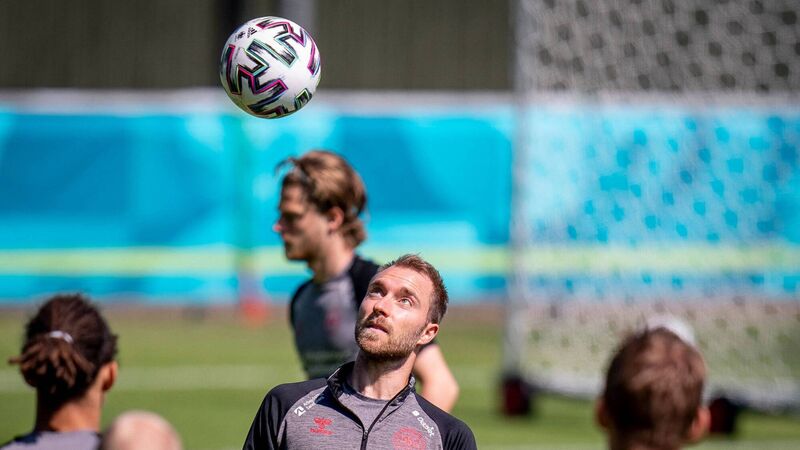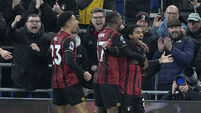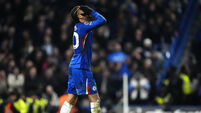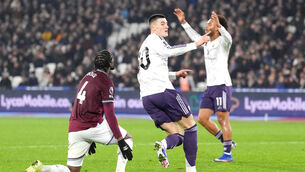Euro '92 remembered: England's shame but a fairytale to inspire Denmark

Denmark’s midfielder Christian Eriksen attends a training session of the Danish national football team in Elsinore as the team prepares for the UEFA Euro 2020. Can his side repeat the heroics on 1992?
The World Cup trumps the Euros as the biggest tournament on the planet, but it has never produced the kind of fairytale ending that Hans Christian Andersen might have scripted if the Dane was alive to see his compatriots win Euro ‘92.
It was the first championship I covered as a young reporter and came as a staging post between Italia ‘90 and Euro ‘96, the two tournaments that did most to relight the fire and desire among English football fans for their national game, the reputation of which had hit rock-bottom in the 1980s.











